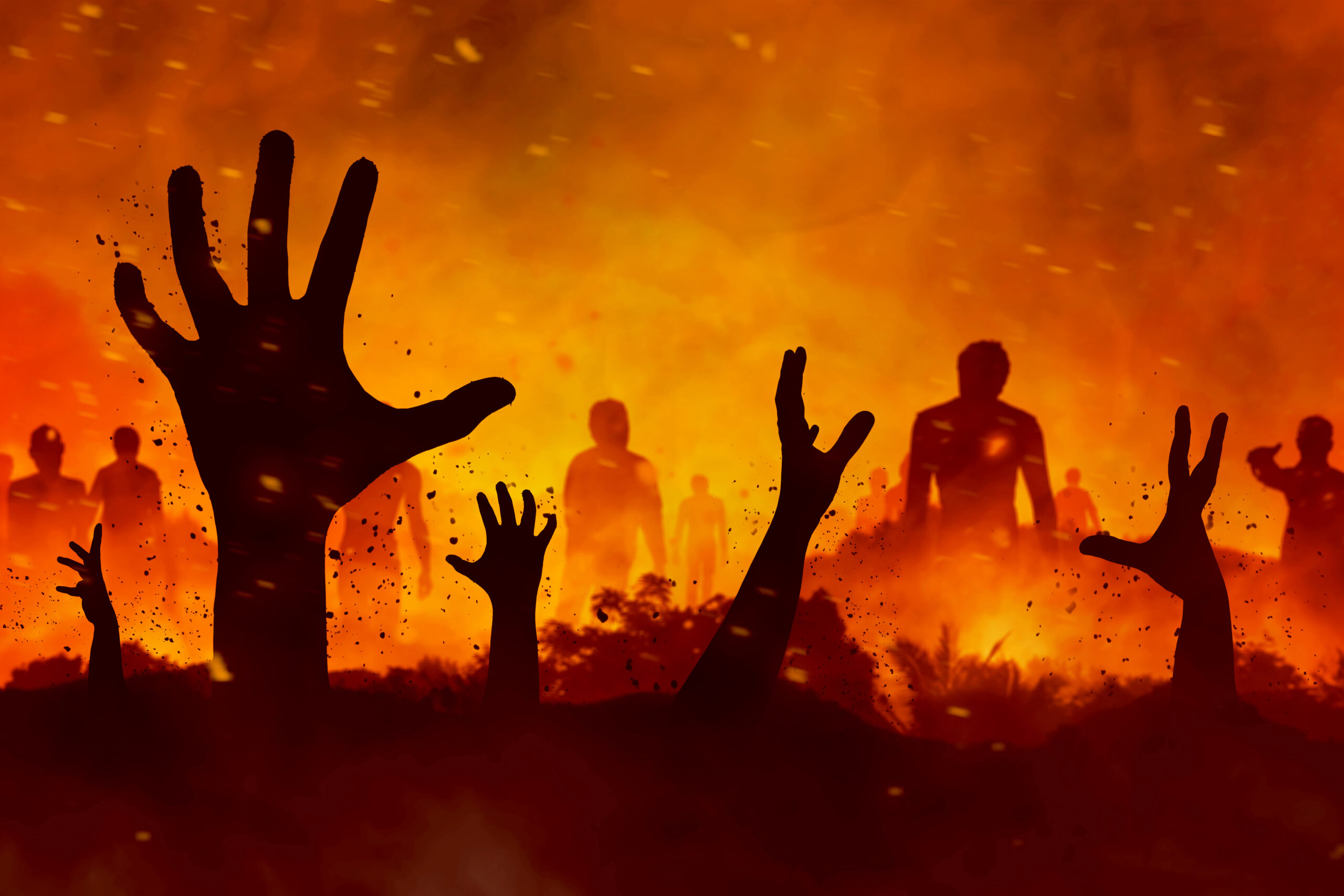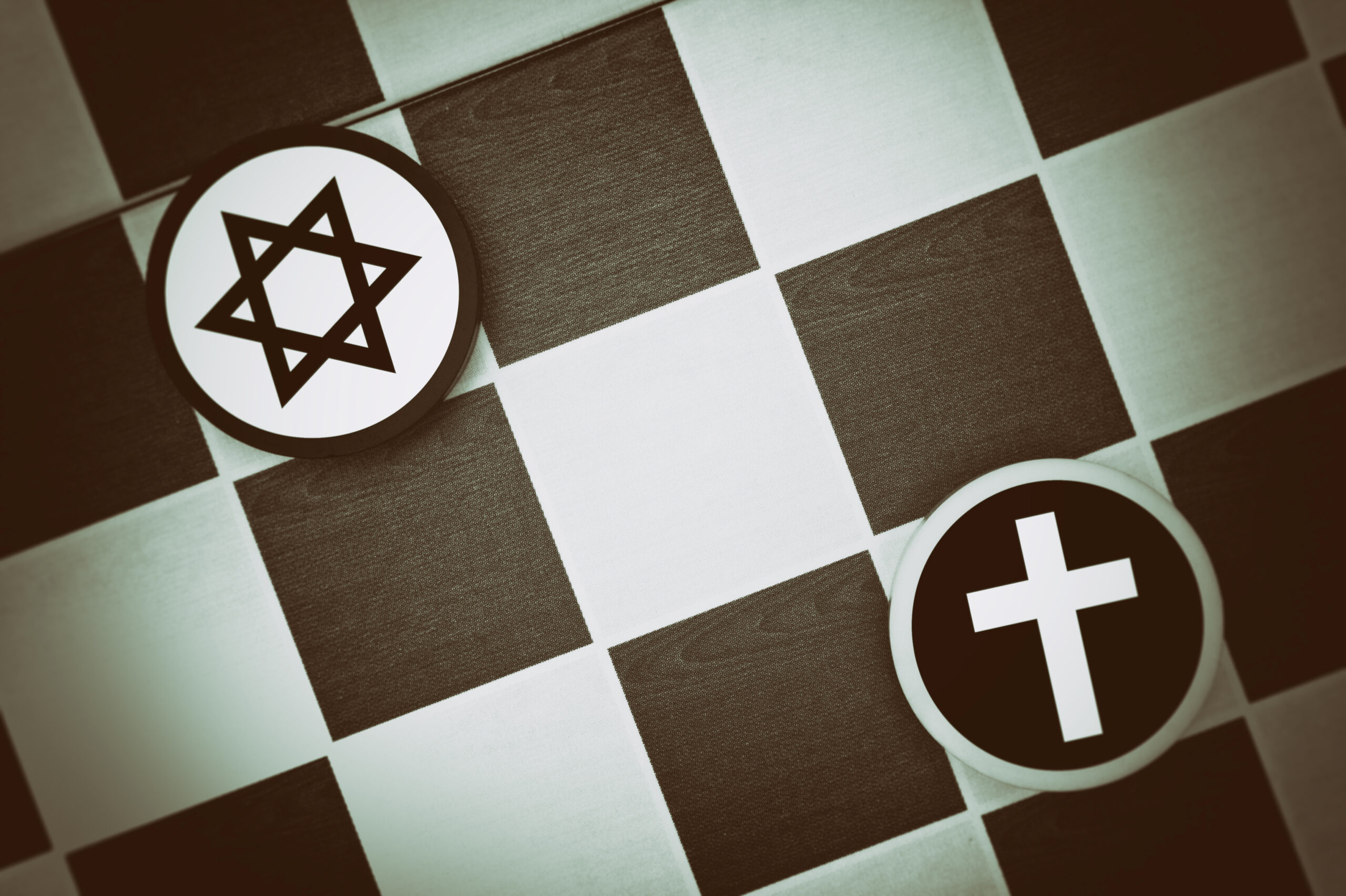| Getting your Trinity Audio player ready... |
Intro (Quotes Below)
[RU.org highlights observations from two different books that are relevant to the previously mentioned quote:
Augustine did not develop his doctrine in a vacuum. The fourth century had seen Christianity grow from a persecuted minority sect to the official religion of empire. Though its actual enemy at that time was less Judaism than it was the threat posed by paganism, heresy, and schism, the problem of the appeal of Judaizing—the maintaining or adopting of Jewish practices by Christian converts—that had confronted Paul remained real, and churchmen like John Chrysostom did not hesitate to attack both Jews and Judaizing in violent and uncompromising rhetoric. For Chrysostom, Jews are equally godless as pagans, and their impiety has turned them into ungovernable animals, fit only for slaughter “Although such beasts are unfit for work, they are fit for killing. And this is what happened to the Jews: while they were making themselves unfit for work, they grew fit for slaughter. This is why Christ said: But as for these my enemies, who did not want me to be king over them, bring them here and slay them.'” Despite the violence of his rhetoric, Chrysostom does not appear to be calling for the literal death of Jews; he wished merely to “stitch shut the mouths of the Jews” and to convert them to Christianity.













